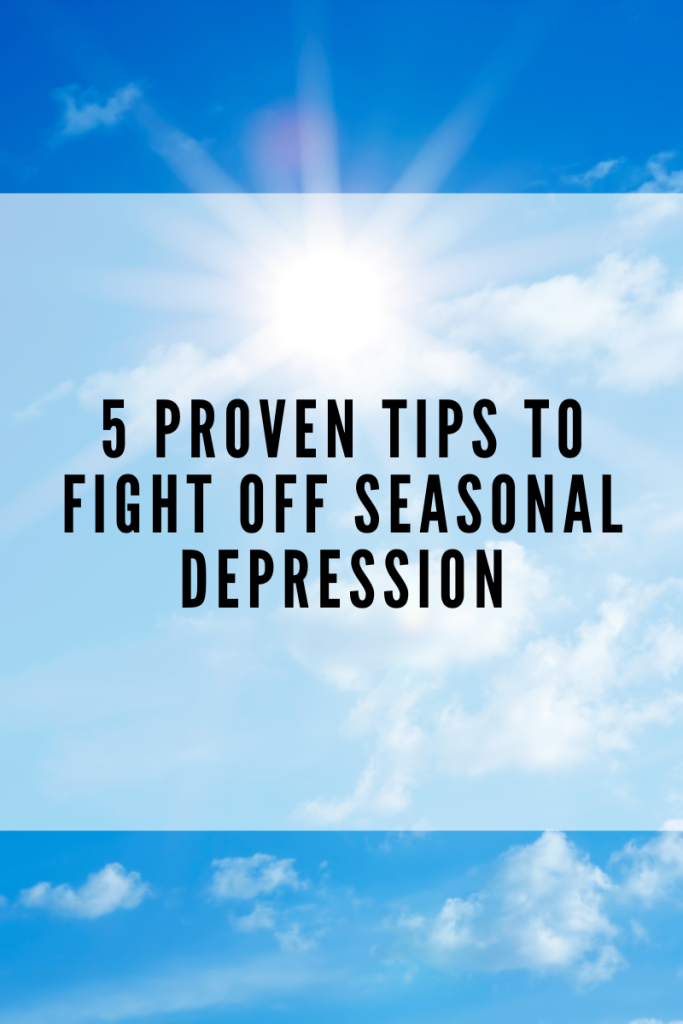Seasonal depression, also known as Seasonal Affective Disorder (SAD), affects millions of people worldwide as the seasons change. It’s characterized by feelings of sadness, lethargy, and a general loss of interest in life during certain times of the year, typically winter. However, there are effective strategies to combat this condition. Here are five advanced tips, including the roles of exercise and Vitamin D, to help you fight off seasonal depression.
1. Embrace Regular Exercise
Physical activity is a powerful tool against seasonal depression. Exercise not only improves physical health but also has a profound impact on mental well-being. Here’s how to maximize its benefits:
- Consistency is Key: Aim for at least 30 minutes of moderate exercise most days of the week. Consistent exercise has been shown to alleviate symptoms of depression by releasing endorphins and serotonin, natural mood lifters.
- Choose Enjoyable Activities: Whether it’s brisk walking, yoga, or a dance class, engaging in an activity you enjoy can increase motivation and the likelihood of sticking to your exercise routine.
- Outdoor Exercise: Whenever possible, exercise outdoors. This leads us to our next tip.
2. Maximize Your Vitamin D Intake
Vitamin D, often called the “sunshine vitamin,” is crucial in fighting seasonal depression. Here’s how to get your dose:
- Sun Exposure: Spend time outdoors during daylight hours, even when it’s cloudy. Natural light, even in small doses, can help boost your mood and Vitamin D levels.
- Dietary Sources: Include Vitamin D-rich foods in your diet, such as fatty fish, egg yolks, and fortified foods.
- Supplementation: Consider a Vitamin D supplement, especially in the winter months. However, consult with a healthcare provider for appropriate dosing.

3. Establish a Regular Sleep Schedule
Sleep significantly affects mood and energy levels. Disrupted sleep patterns can exacerbate symptoms of seasonal depression. Here’s what you can do:
- Regular Sleep Times: Go to bed and wake up at the same time every day to regulate your body’s internal clock.
- Create a Restful Environment: Ensure your bedroom is dark, quiet, and cool. Avoid screens before bedtime to improve sleep quality.
4. Connect Socially
Isolation can worsen seasonal depression. Maintaining social connections is vital:
- Regular Social Interactions: Schedule regular check-ins with friends and family, whether in-person or virtually.
- Join Groups or Clubs: Engage in community activities or interest-based groups to stay connected and engaged.
5. Practice Mindfulness and Relaxation Techniques
Mindfulness and relaxation can help manage the symptoms of seasonal depression:
- Meditation and Yoga: These practices can reduce stress and improve mood by fostering a sense of calm and presence.
- Breathing Exercises: Simple breathing techniques can be a quick way to relax and reduce feelings of anxiety and stress.
Conclusion
Seasonal depression is a challenge, but it’s not insurmountable. By incorporating regular exercise, maximizing Vitamin D intake, maintaining a healthy sleep schedule, staying socially connected, and practicing mindfulness, you can significantly alleviate its symptoms. Remember, if your symptoms are severe or persistent, it’s essential to seek professional help.
As we navigate the complexities of mental health, it’s empowering to know that there are effective, proactive measures we can take to improve our well-being, regardless of the season.

Recent Comments